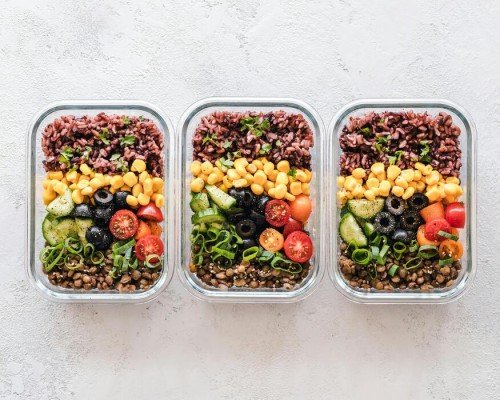The Truth Behind Nutrient-Packed Diets

In recent years, grocery store shelves and health blogs have been flooded with the word “superfood.” From chia seeds and quinoa to kale and goji berries, these nutrient-packed foods are often promoted as miracle solutions for everything from weight loss to improved immunity. But behind the marketing buzz lies an important question: do superfoods truly deserve their reputation, or are they just another trend in the ever-changing world of nutrition?
What Makes a Food “Super”?
The term “superfood” doesn’t have an official scientific definition. Instead, it is used to describe foods that are particularly rich in vitamins, minerals, antioxidants, or other nutrients known to benefit health. For example, blueberries are praised for their high antioxidant content, while salmon earns recognition for its omega-3 fatty acids that support heart health. These foods are undeniably nutritious, but experts warn that labeling them as “super” can sometimes create unrealistic expectations.
The Science Behind the Claims
Many superfoods are backed by research showing positive effects. Studies suggest that green tea may help reduce the risk of certain cancers and improve brain function, while turmeric has anti-inflammatory properties that support joint health. However, the benefits often depend on how much of the food is consumed, how it interacts with other parts of the diet, and the individual’s overall lifestyle. In other words, sprinkling a few chia seeds on your breakfast won’t magically erase the effects of poor eating habits elsewhere.
The Marketing Machine of Superfoods
Food companies and wellness brands have capitalized on the “superfood” label to promote new products and boost sales. Quinoa, once a staple in Andean diets, became a global health trend and now appears in everything from snack bars to frozen meals. The same can be said for acai berries, which exploded in popularity after being highlighted on television and social media. While these foods can be healthy, they are often sold at a premium price that doesn’t always match their nutritional superiority over more affordable options.
Everyday Foods That Deserve the Spotlight
Nutritionists often remind us that many everyday foods are just as “super” as trendy imports. Beans, lentils, oats, apples, and carrots all provide essential nutrients at a fraction of the cost. For example, a bowl of oatmeal is rich in fiber and can help lower cholesterol, while carrots deliver beta-carotene for eye health. By focusing on variety and balance, consumers can achieve excellent nutrition without relying on exotic or expensive foods.
Cultural Perspectives on Nutrition
One fascinating aspect of superfood trends is how they highlight global eating traditions. Many of today’s superfoods, such as matcha from Japan or quinoa from South America, have been staples in their native cultures for centuries. Sharing knowledge about these foods across borders has enriched diets worldwide. Interestingly, industries like professional translation services play a role in this exchange, helping companies share health research, food labels, and dietary guidelines in multiple languages so that more people can access accurate information.
The Role of Balance and Moderation
The real key to a healthy diet lies not in individual “super” ingredients but in overall balance. A plate filled with colorful vegetables, lean proteins, whole grains, and healthy fats is far more beneficial than any single item. Eating in moderation, staying hydrated, and maintaining an active lifestyle all contribute to long-term wellness. Superfoods can certainly enhance this picture, but they are just one piece of the puzzle.
The Future of Superfoods
Looking ahead, science may continue to uncover new foods with exceptional health benefits. Seaweed, hemp seeds, and fermented foods like kimchi and kefir are already gaining popularity for their rich nutrient profiles and potential to improve gut health. As these foods enter global markets, businesses and researchers alike will depend on clear communication to share their findings, another area where services like professional translation services ensure that knowledge is accessible across cultures.
Conclusion: Super or Simply Smart Choices?
Superfoods can play a valuable role in promoting better eating habits, but they should not overshadow the importance of a varied and balanced diet. Rather than chasing the latest health trend, consumers will benefit more from building sustainable eating habits that incorporate both local staples and global discoveries. In the end, the real “superpower” of food lies not in hype, but in its ability to nourish, heal, and bring people together at the table.